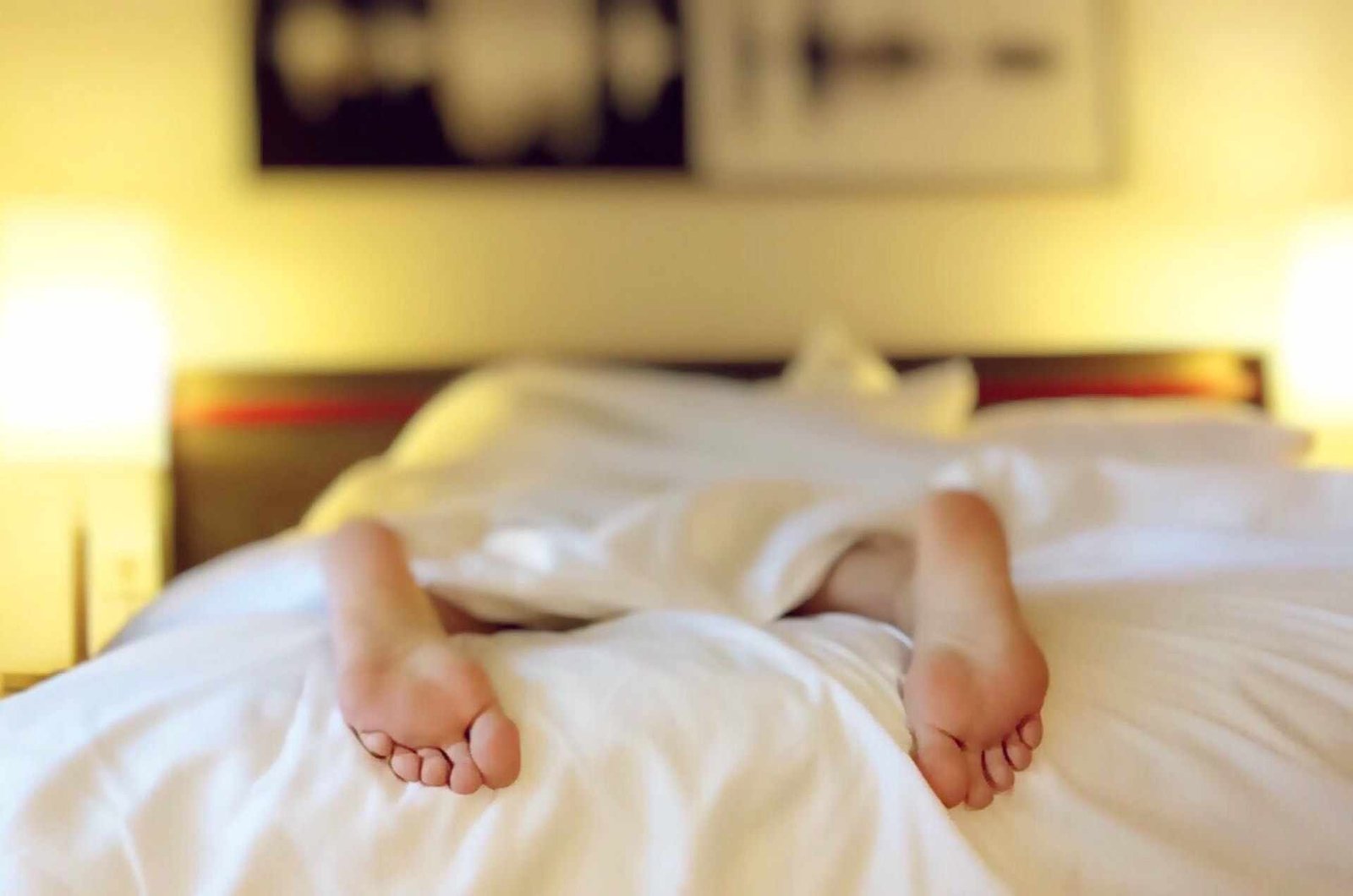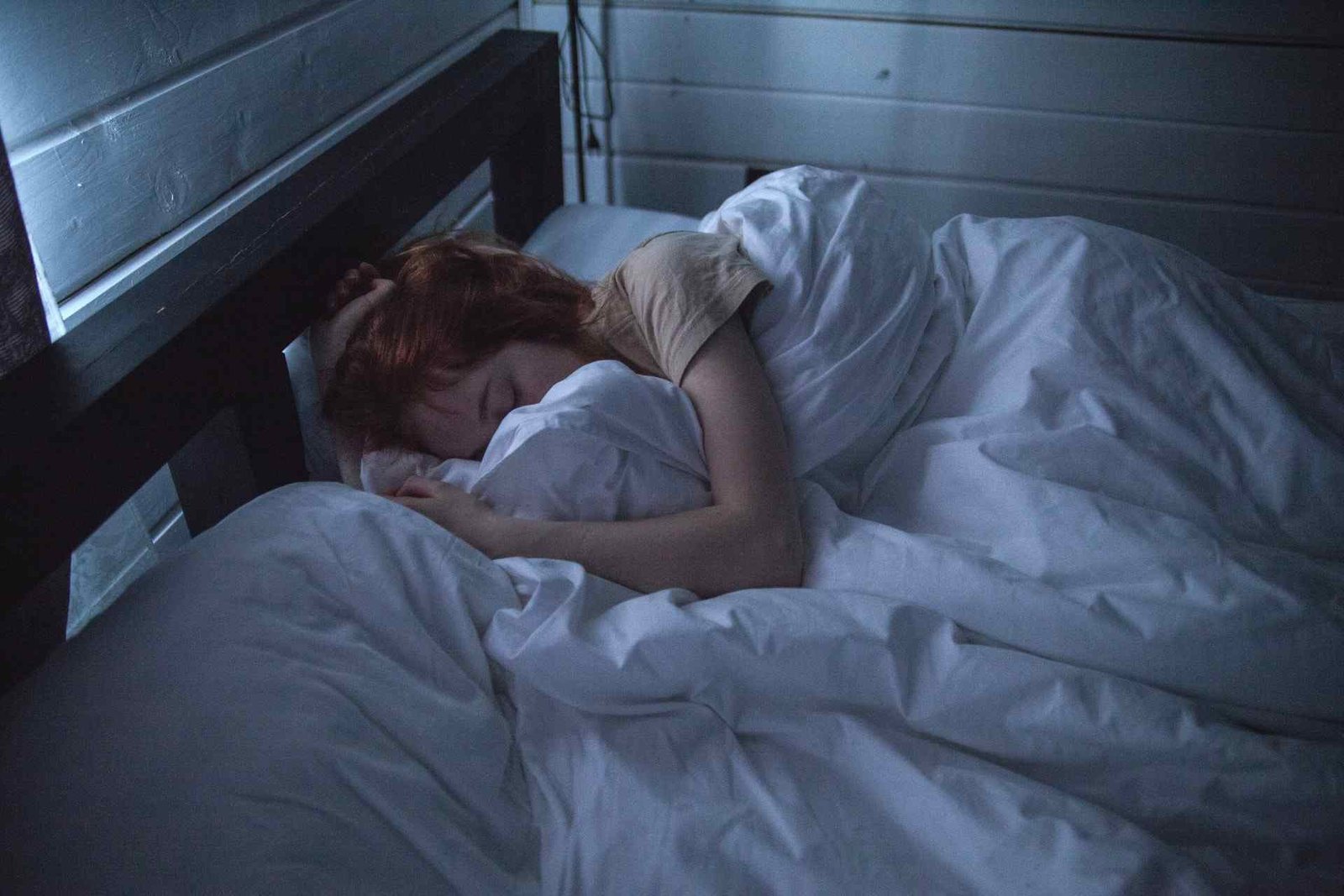Insomnia

Insomnia is a common sleep disorder. It is defined as an inability to go to sleep, waking up too early, or feeling unrested after sleep for at least three nights a week for at least three months.
Chronic or long-term insomnia makes it difficult to accomplish routine tasks like going to work or school and taking care of yourself. Insomnia can lead to or contribute to the development of other health problems, such as depression, heart disease, and stroke, obesity. Women are more likely to have insomnia than men. It is also more common among shift workers, who don’t have consistent sleep schedules, people with low incomes, people who have a history of depression, and those who don’t get much physical activity.
Types of Insomnia

Primary Insomnia:
In this condition, your sleep order hasn’t any relation with any other medical, psychiatric, or with environmental cause instead they are triggered by stress, anxiety, depression, work schedules, travel, etc, etc. But even after these causes insomnia still persists.
The exact cause of primary insomnia is unknown. It may be lifelong, or it can happen because of changes in your routine during travel or stressful life events.
Secondary Insomnia
Secondary insomnia is caused by or happens alongside other health conditions or as a side effect of prescribed medicines. It can be acute (short-term) or chronic (long-term). Most people with chronic insomnia have secondary insomnia.
The exact cause of secondary insomnia also unknown until your doctor rule out what exactly you are going through or stopping you from falling asleep but here are some conditions that triggers it,
Causes of secondary insomnia include:
- Pain or discomfort at night
- Caffeine, tobacco, or alcohol use
- Hyperthyroidism and other endocrine problems
- Other sleep disorders, like sleep apnea or restless legs syndrome
- Mental health issues like depression, stress, anxiety & post-traumatic stress disorder (PTSD)
- Medications for colds,allergies,depression,high blood pressure ,& asthma
- Conditions that cause chronic pain, such as arthritis
- Conditions that make it hard to breathe, such as asthma and sleep apnea
- Trouble with hormones, including thyroid problems
- Gastrointestinal disorders, such as heartburn
- Stroke & Other sleep disorders, such as restless legs syndrome (RLS)
- Menopause symptoms, such as hot flashes
- Cancer
- Side effects of medicines, like those to treat cancer, asthma, heart disease, allergies, and colds
Who gets insomnia?

There are no specific risk factors for insomnia because of the variety of underlying causes that may lead to insomnia. The medical and psychiatric conditions listed below may be considered risk factors for insomnia if untreated or difficult to treat. Some of the emotional and environmental situations that were also mentioned below may act as risk factors for insomnia. Insomnia affects people of all age groups but people in the following groups have a higher chance of acquiring insomnia.
- Individuals older than 60
- History of mental health disorder including depression, etc.
- Working late-night shifts
- Travelling through different time zones
- Having chronic diseases such as diabetes, kidney disease, lung disease, Alzheimer’s, or heart disease
- Alcohol or drug use disorders
- Gastrointestinal reflux disease
- If you’re a woman. Hormonal shifts during the menstrual cycle and in menopause may play a role. During menopause, night sweats and hot flashes often disrupt sleep. Insomnia is also common with pregnancy.
- In senior citizens: Because of changes in sleep patterns and health, insomnia increases with age.
- You have a mental health disorder or physical health condition. Many issues that impact your mental or physical health can disrupt sleep.
- If you’re under a lot of stress & having stressful times and events can cause temporary insomnia. And major or long-lasting stress can lead to chronic insomnia.
- If you don’t have a regular schedule. For example, changing shifts at work or travelling can disrupt your sleep-wake cycle.
- Emotional person: who takes stress for their loved one on every small thing.
Complications

Although sleep is very important for our health so it should be our responsibility to handle it with care. Some good sleep habits can prevent insomnia and promote good sound sleep:
- Keep your bedtime and wake time consistent from day to day, including weekends.
- Stay active – Regular activity helps promote a good night’s sleep.
- Check your medications to see if they may contribute to insomnia.
- Avoid or limit caffeine and alcohol, and don’t use nicotine, limited naps
- Avoid large meals and beverages before bedtime.
- Make your bedroom comfortable for sleep and only use it for sex or sleep.
- Create a relaxing bedtime ritual, such as taking a warm bath, reading or listening to soft music.
How insomnia is treated?

If you think you have insomnia, talk to your healthcare provider. Insomnia generally resolves itself when the underlying medical or psychiatric cause is removed. Treating the symptoms of insomnia without addressing the main cause is rarely successful. An evaluation may include a physical exam, a medical history, and a sleep history. You may be asked to keep a sleep diary for a week or two, keeping track of your sleep patterns and how you feel during the day. Your healthcare provider may want to interview your bed partner about the quantity and quality of your sleep. In some cases, you may be referred to a sleep center for special tests. and probably these methods can help you to resolve insomnia
- Medications that help you to get to sleep and stay asleep
- Change in existing medication if that’s what’s causing the problem
- Counselling to help relieve stress and other issues bothering you
- Change in lifestyle choices that may interfere with sleep
Conclusion
Goodnights make good days and vice versa. The best way to get the sleep you need is to take good care of yourself, day and night. Be sure your daytime activities include good health habits such as regular exercise, sound nutrition, and stress reduction. Good sleeping habits will help at night. Use medications only as a temporary supplement to the lifestyle that will help keep your days healthful and your nights restful.


